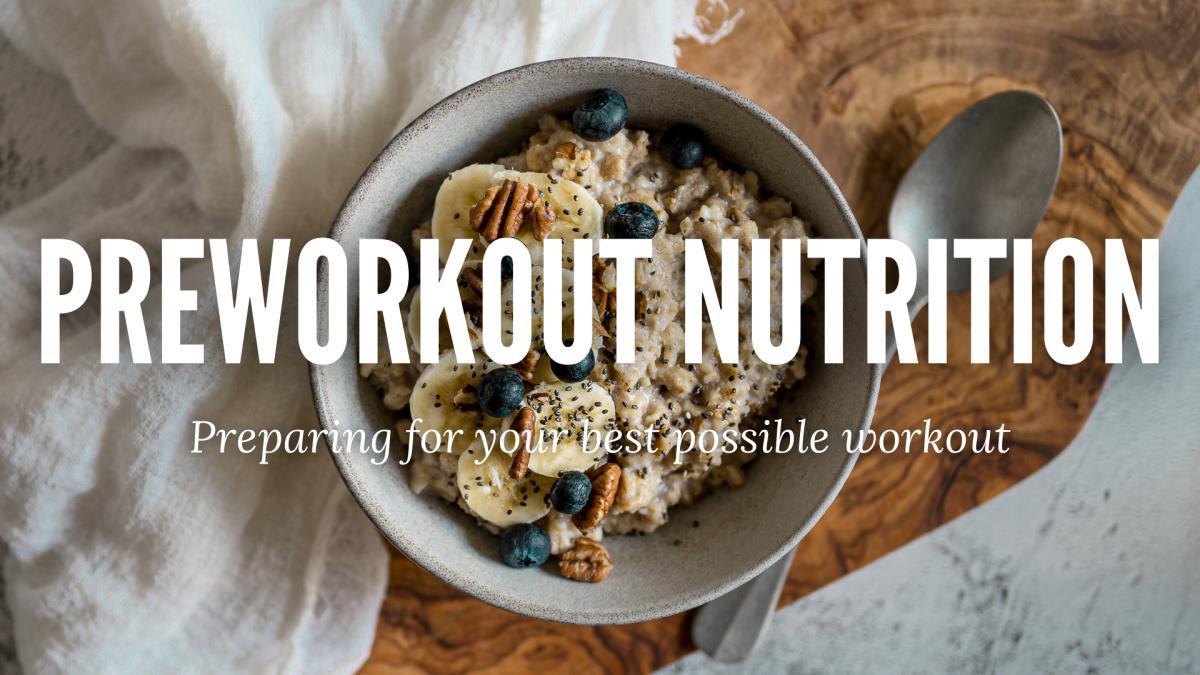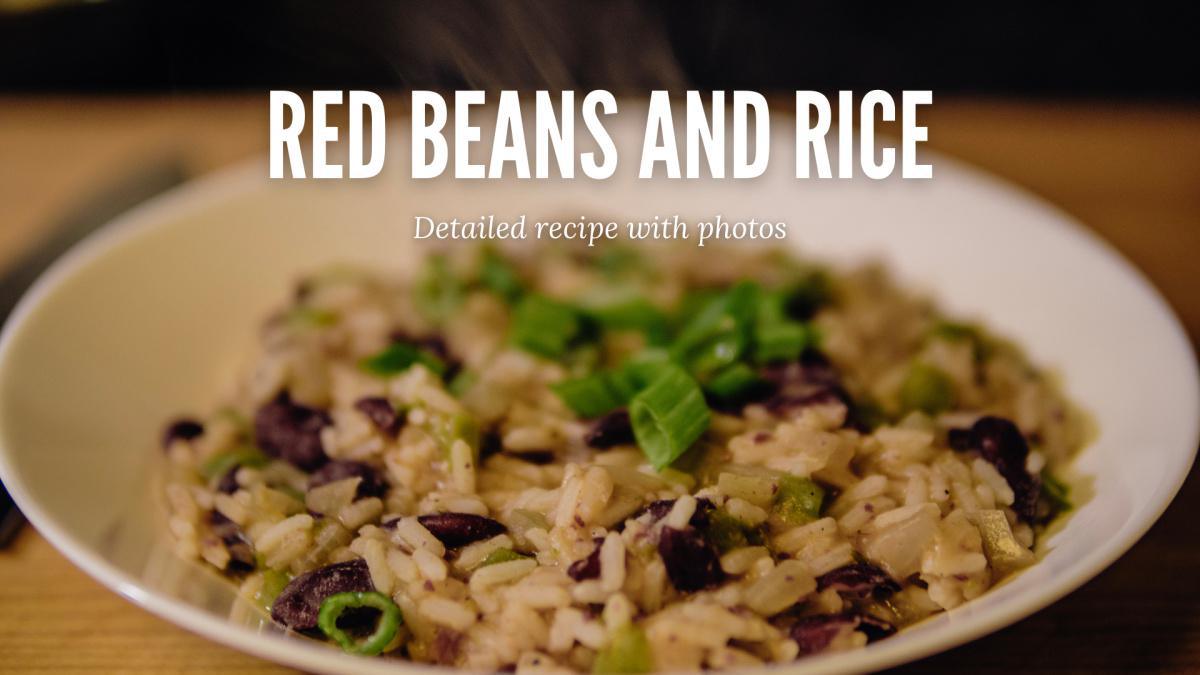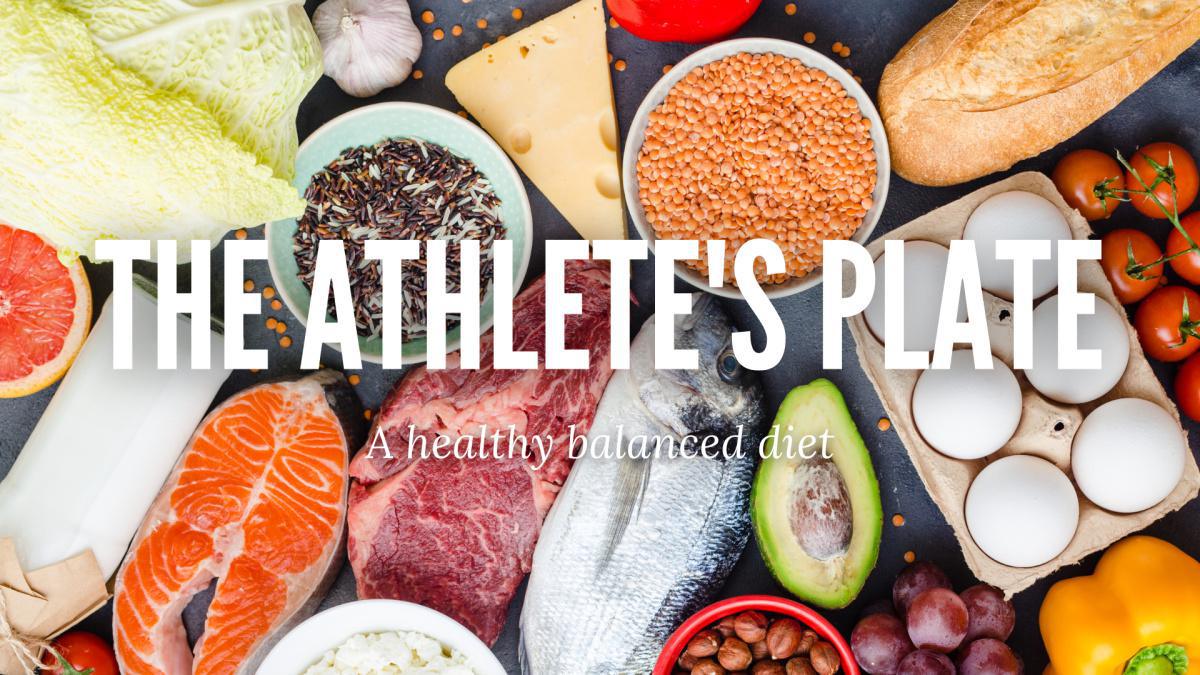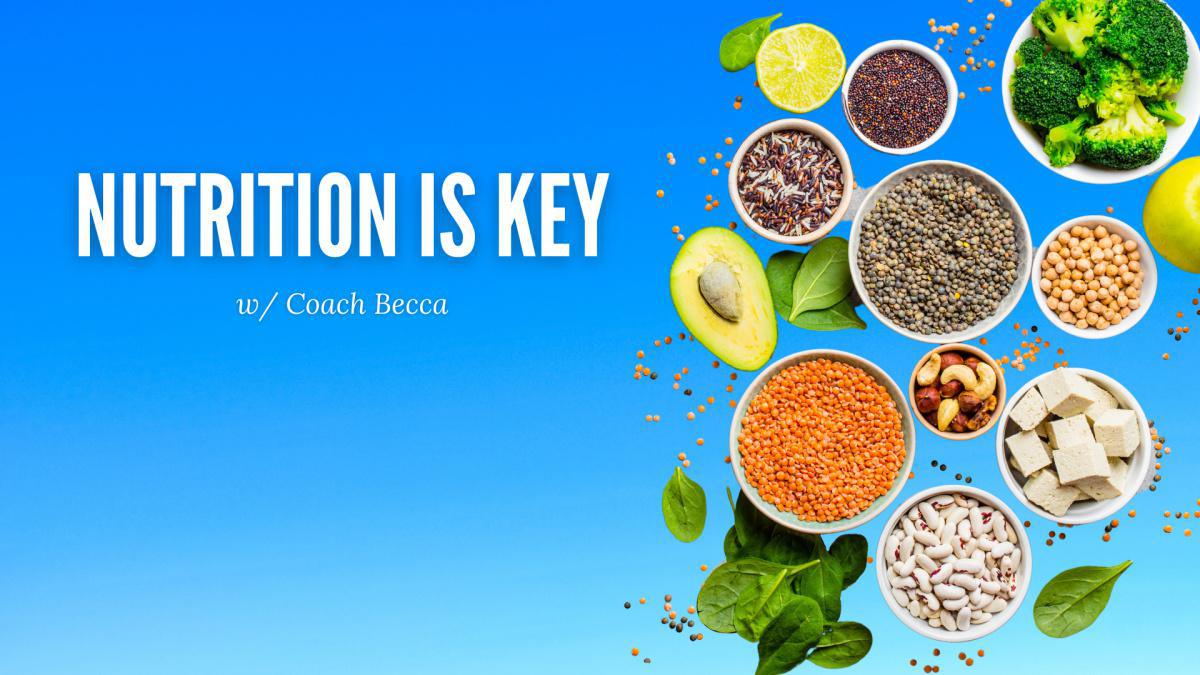Updated 01/17/24 1:26 AM
Nutrition and Recipes:
PreWorkout Nutrition

What you eat before your long run each week can play a big factor in determining whether you have a great day of training or have to trudge through a death-march. Feeling good on your long run will help you to enjoy the training process and get the most out of your workouts. Just as importantly, it will boost your confidence on race day.
The goals of the pre-workout meal are to make sure that your gas tank (glycogen stores) is topped off and that you’re well hydrated before heading out. To do this, we generally focus on including carbs. Protein, fat, and fiber will slow your digestion and can lead to GI distress if you eat them too close to your run.
Treat each long run as a rehearsal for race day. If you don’t yet have a set pre-run breakfast, then try out different options until you find something that leaves you feeling energized and sets well in your stomach. One thing to think about is that there is often a longer lag between eating and running on race day than in training. You may want to account for this in your planning. I eat my typical pre-run breakfast then have a small snack that I can carry with me to the start.
About 2-4 hours before your run (if possible) you can have a meal with carbs, 10-15 g protein, and some fiber. Avoid anything high in fat. Some good examples are toast with peanut butter jelly, a potato with some non-fat Greek yogurt, a sweet potato and peanut butter, or oatmeal with fruit and nuts. Try and drink 20 ounces of water along with this. If you are like me, you don’t want to wake up that early before an already early race or long run. That’s OKAY. Just remember to focus more on carbs at dinner the night before and hydrate before going to bed.
About an half an hour or an hour before your long run, try for a snack of 30-60 g carbs. A piece of fruit, a Larabar or similar, pretzels, cereal, pancakes, or potatoes all work well. Have another 10-16 oz of fluid. This can include caffeine if you wish. If you are an after-work runner, you may want to consider this before shorter runs as well, as there’s likely a long time between your lunch and evening run.
Questions? Feel free to reach out to me at beccablumberg@gmail.com or Ripple Nutrition on Facebook.
Some ideas on what to eat, how to make it, and how to eat it.
Read more Nutrition and Recipes:
Also see:
UCSF Sports Medicine
The UCSF Sports Medicine team gives fantastic information for all marathon runners.
Tutorials
Simple instructions for how to perform exercises for running.
Yoga for Runners
A group of physical, mental, and spiritual practices aimed at self-controlling the body and mind of a runner.
Strength Training
Using strength and resistance training to improve marathon performance.
Health and Performance
We're excited to re-introduce Dr. Jeff Shapiro to our SFM community. If you're looking to improve your health and performance, you know an overwhelming amount of information and opinion is conflicting, counterproductive or harmful. We're giving Dr. Jeff a platform to address this. In his articles, Dr. Jeff will discuss exercise and nutrition physiology (how the body works) allowing you to ignore chatter and reject myths. For example, should you carbohydrate load and/or eat during running? Are pills on SFM weekend harmful? After graduating from Stanford and Yale, Dr. Jeff served as medical director of the San Francisco Marathon for a decade, completed and lectured at 50 marathons and trained athletes to achieve peak organ function for 30 years. Dr. Jeff appeared on ABC News' 20/20 "Super Humans," consulted for CBS News' 60 Minutes "The Toughest Race" and co-produced “Ultra Running” for The Late Show. At the 2023 San Francisco Marathon, Dr. Jeff received a standing ovation for his presentation on exercise/nutrition physiology and adverse effects of pills. Since he teaches physiology, Dr Jeff’s presentations will read like science instead of a blog. Train Well with Dr Jeff starting in May 2024.




